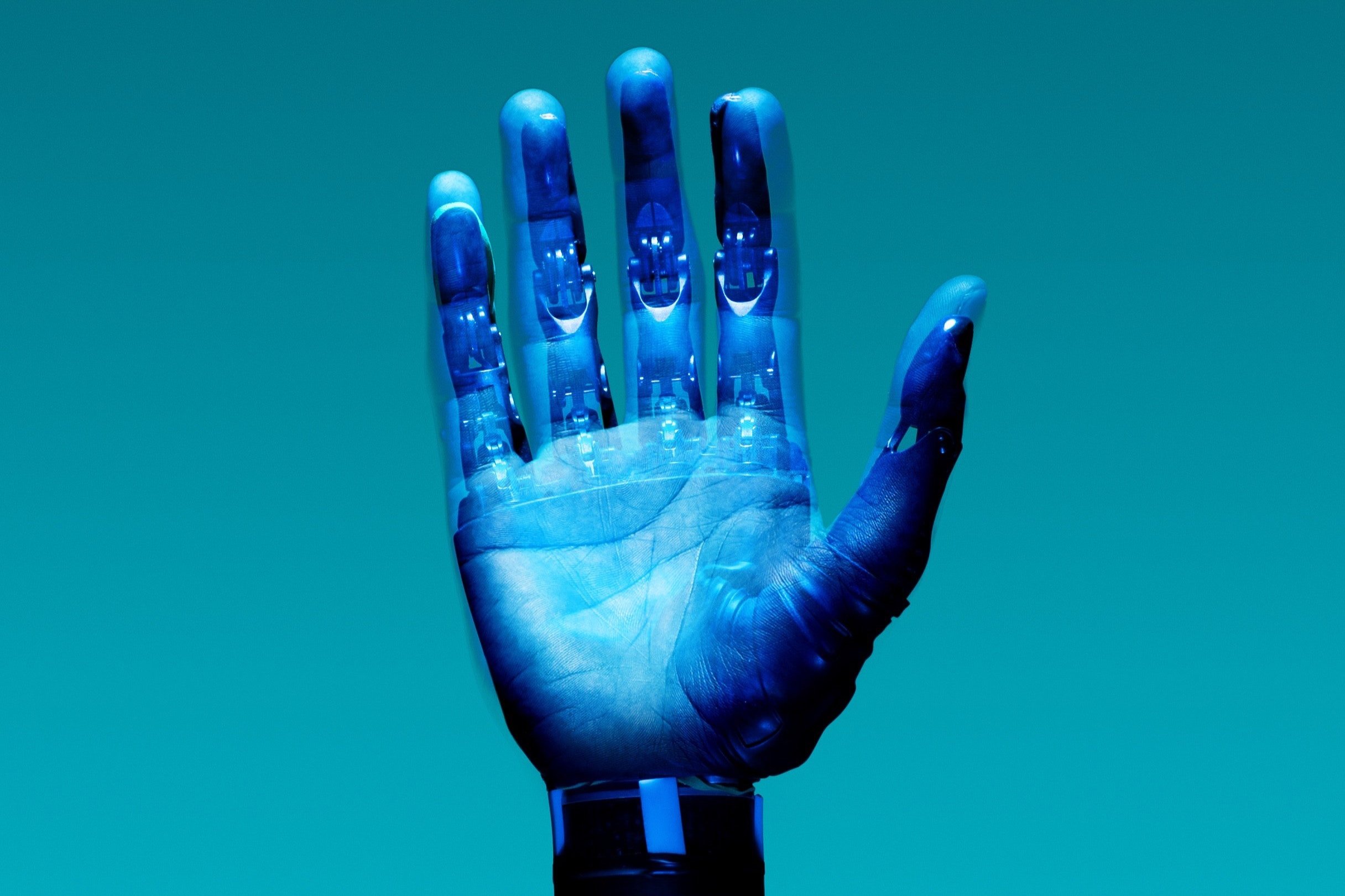Tech Giants Commit to AI Safeguards in Deal with Biden Administration, But Regulation Concerns Remain
💻 Tech Giants Commit to AI Safeguards in Deal with Biden Administration, But Regulation Concerns Remain.
Several major tech companies, including Amazon, Google, Meta, Microsoft, and others, have made voluntary commitments to meet a set of artificial intelligence (AI) safeguards brokered by the White House. The commitments aim to ensure the safety of AI products before they are released and address risks such as cybersecurity, biosecurity, bias, discrimination, and potential dangers posed by advanced AI systems. The companies have also pledged to report flaws and risks publicly and use digital watermarking to distinguish real content from AI-generated deepfakes. While this is a positive step towards managing the risks of AI technology, some advocates call for more comprehensive public deliberation and legislation to hold companies accountable.
Oracle announced on Thursday its plans to integrate generative artificial intelligence (AI) features into its corporate software suite, heightening competition with rivals like Microsoft in selling AI technology to businesses.
Apple has called it quits on its ambitious Apple car project, known internally as 'Project Titan', reallocating its 2000-strong workforce.
United Airlines now offers Touchless ID technology for TSA PreCheck members at Chicago's O'Hare and Los Angeles international airports, simplifying the security process.
Apple has decided to pump the brakes on its electric car project, a move that could positively impact its stock performance, according to a report by Morgan Stanley.
General Motors Co.'s autonomous driving unit, Cruise, is gearing up to restart robotaxi testing in the next few weeks, eyeing potential locations like Houston and Dallas.
Recogni Inc., an AI startup specializing in technology for self-driving cars, recently secured $102 million in funding.
Soon, soldiers could rely on advanced technology like artificial intelligence to predict when and how to deliver supplies to troops spread across vast areas.
A third-party investigation into General Motors' Cruise autonomous vehicle unit has revealed a web of culture issues, ineptitude, and leadership problems, which have been central to the company's regulatory troubles since October.
The FTC is investigating Big Tech's investments in cloud services for smaller AI companies like OpenAI and Anthropic.
FedEx is set to launch a new "data-driven commerce platform" called fdx in the fall, offering comprehensive e-commerce solutions for online merchants.
Walmart has unveiled its largest drone delivery expansion plan, covering 1.8 million households in the Dallas-Fort Worth area.
General Motors is suing San Francisco, alleging that the city improperly overcharged the company by more than $100 million in taxes over seven years, based on calculations that included its self-driving car subsidiary, Cruise.
Apple is gearing up to mass ship its Vision Pro mixed-reality headset in the first week of January, with plans to launch it in Apple Stores in late January or early February, according to analyst Ming-Chi Kuo.
Cruise, the robotaxi company, has announced the layoff of 900 employees following the firing of nine executives amid the fallout from an October incident involving a pedestrian.
General Motors (GM) has fired nine executives at its autonomous vehicle subsidiary, Cruise, following a pedestrian accident in San Francisco.
In the aftermath of Sam Altman's brief ousting from OpenAI, new insights into his leadership style have emerged.
France, Germany, and Italy have opposed the EU's draft AI legislation, particularly regulations concerning "foundation models" that underpin large AI language models.
The European Space Agency (ESA) is launching a competition to develop a robotic cargo capsule for missions to the International Space Station (ISS).
Over the weekend, nearly 400 different GROK tokens were released by anonymous developers, inspired by Grok, an AI chatbot service by social application X.
Elon Musk and Jensen Huang, two prominent figures in the tech industry, have differing views on the impact of artificial intelligence (AI) on jobs.
Former President Barack Obama advised the White House on its strategy for addressing artificial intelligence (AI) over the past five months, collaborating with tech companies and engaging in Zoom meetings with top Biden administration aides.
A new bill in response to the White House's executive order on AI has been introduced, aiming to provide Congress with input on the federal government's implementation of AI systems.
The United States and China, along with 27 other countries and the EU, have signed the Bletchley Park Declaration on AI during a two-day AI Safety Summit held in the UK.
President Biden has issued an executive order aimed at addressing concerns over the safety, security, and trustworthiness of AI technology.
Cruise, the autonomous vehicle operator, has decided to temporarily halt its fleet of driverless cars across the United States, citing a need to reassess its operations and build public trust.
The California Department of Motor Vehicles (DMV) has revoked Cruise's license to operate autonomous vehicles in San Francisco due to concerns about safety and transparency.
The White House has designated 31 technology hubs to enhance American competitiveness in the tech sector.
Altana, based in New York, has launched the latest version of its AI-powered tool, Altana Atlas, which aims to map and analyze global supply chains while providing a unified user experience.
Consumer confidence in fully automated self-driving vehicles has declined for a second year, with the readiness index score dropping to 37 out of 100, according to J.D. Power's 2023 U.S. Mobility Confidence Index (MCI) Study.































Texas is setting the stage to possibly become the first hotspot for mainstream driverless trucks, thanks to initiatives by companies like Waabi and Aurora Innovation.